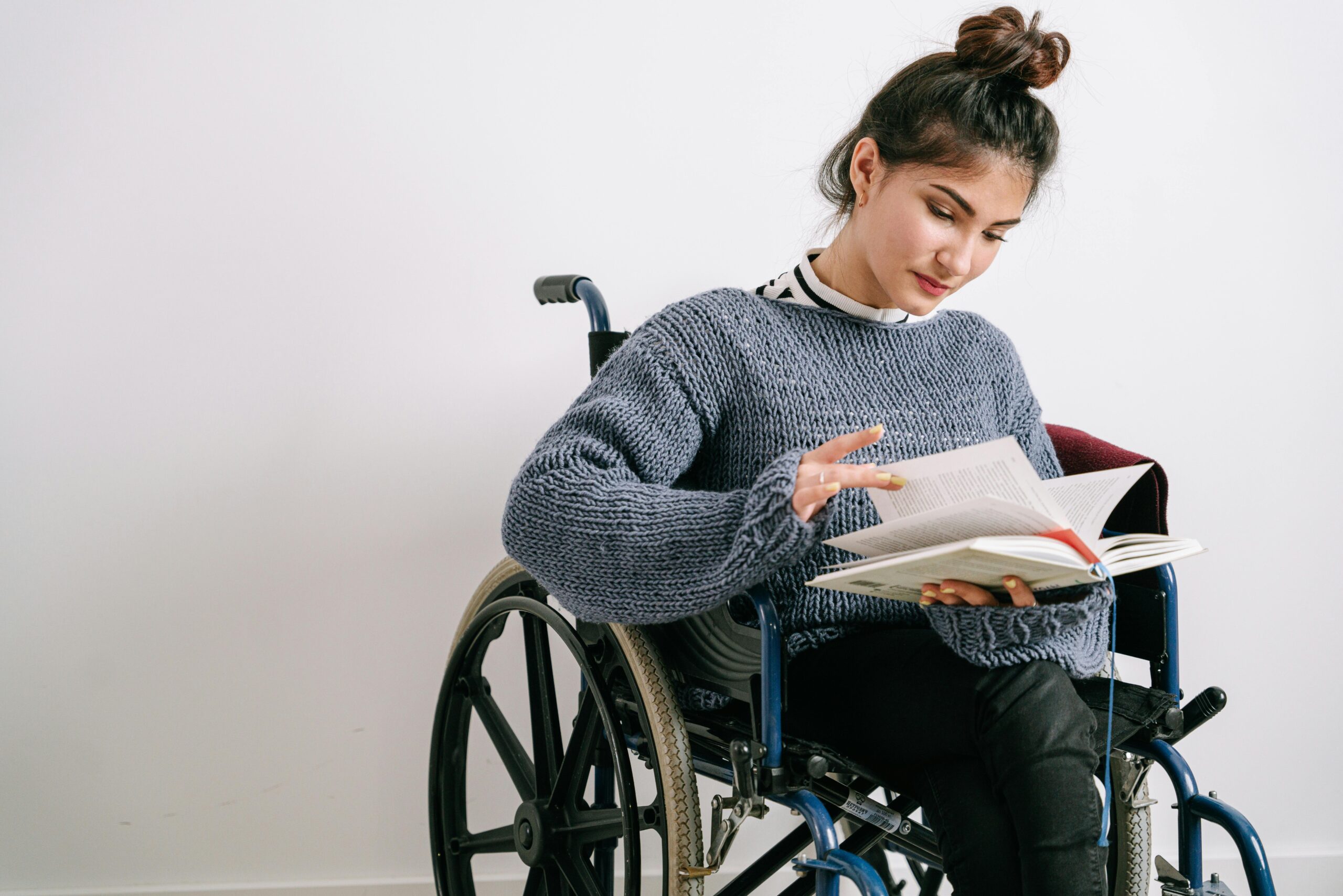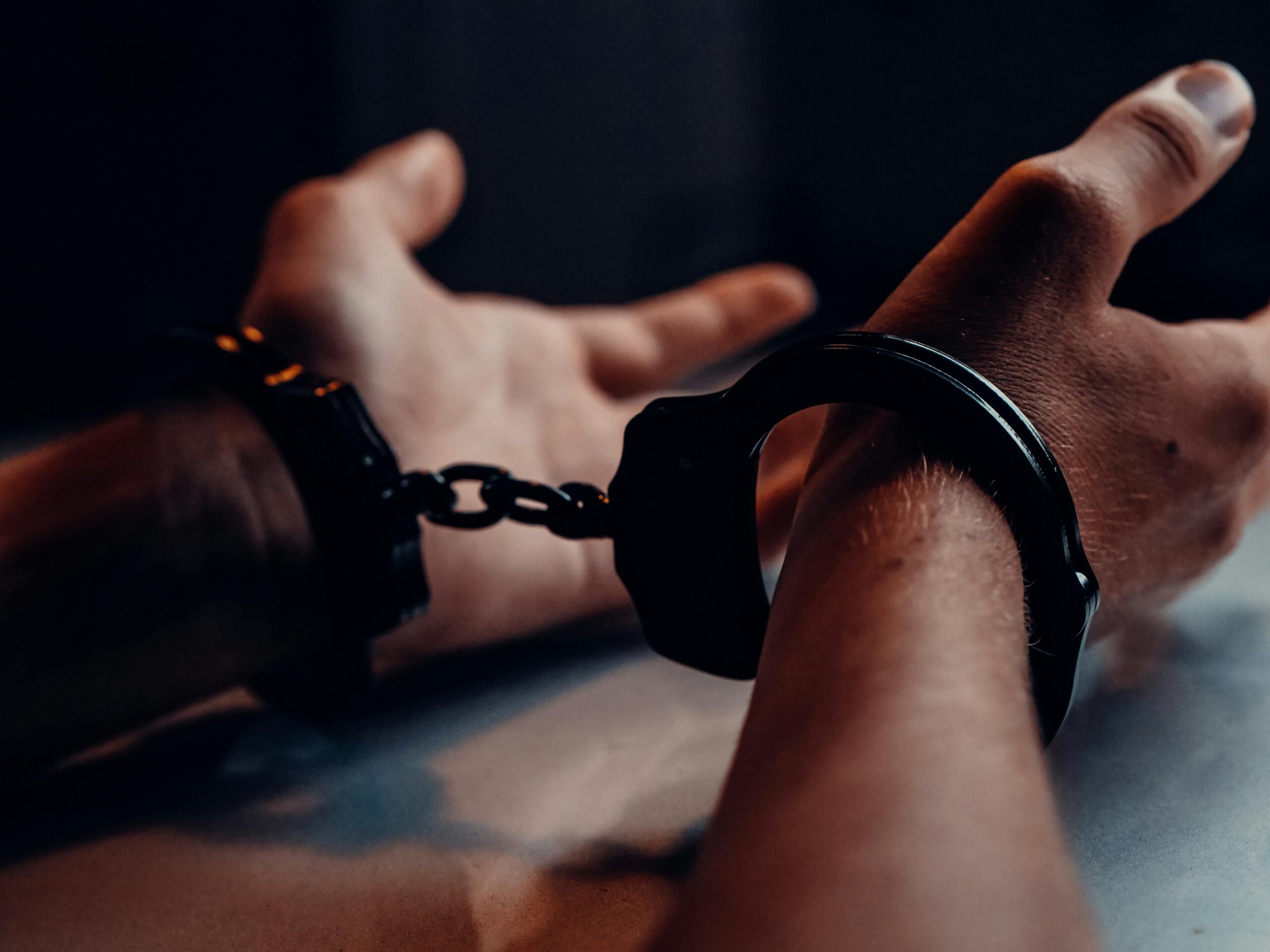Now Reading: How a Lawyer Can Help After a Rideshare Accident in Los Angeles
-
01
How a Lawyer Can Help After a Rideshare Accident in Los Angeles

How a Lawyer Can Help After a Rideshare Accident in Los Angeles
Ridesharing services like Uber and Lyft have revolutionized transportation in Los Angeles, offering convenience and affordability to millions of residents and visitors. However, as the number of rideshare vehicles on the road continues to increase, so does the number of accidents involving these services. When a collision occurs, determining who is responsible—and how to recover compensation—can be far more complicated than in a typical car accident.
In such cases, hiring an experienced attorney can make all the difference. A lawyer who understands the complexities of rideshare accident claims can guide you through insurance issues, investigate liability, and fight to ensure you receive fair compensation for your injuries and losses.
Working with professionals experienced in this area, such as those offering legal help after a rideshare accident in Los Angeles, can give you the legal support and representation you need to protect your rights and secure the recovery you deserve.
Understanding Rideshare Accidents
The Rise of Rideshare Services and Related Risks
Los Angeles is known for its traffic congestion and dependence on cars. With rideshare apps available at the tap of a button, more people are choosing these services for daily commutes, airport rides, and nights out. However, the increase in rideshare activity has also led to more crashes involving Uber and Lyft vehicles.
Rideshare drivers often face distractions from navigation apps, passenger interactions, and the pressure to complete rides quickly. These factors can contribute to poor decision-making behind the wheel. Moreover, rideshare drivers are considered independent contractors—not traditional employees—making accident liability more complex than in standard car accidents.
Common Causes of Rideshare Accidents
Some of the most frequent causes of rideshare accidents in Los Angeles include:
- Distracted driving due to app notifications or GPS use
- Fatigue from long hours on the road
- Speeding to meet ride quotas or passenger expectations
- Poor vehicle maintenance or unsafe driving conditions
- Negligence by other motorists sharing the road
While many of these causes are similar to those in regular car accidents, the presence of a rideshare company adds another layer of legal and insurance complexity.
The Complications of Rideshare Accident Claims
Multiple Insurance Policies
One of the biggest challenges in rideshare accident cases is navigating the web of insurance coverage. Unlike traditional car accidents, multiple policies may apply depending on the driver’s status at the time of the crash:
- Driver not logged into the app: Only the driver’s personal auto insurance applies.
- Driver logged into the app but waiting for a ride request: The rideshare company provides limited liability coverage.
- Driver en route to pick up a passenger or during a trip: Uber and Lyft both offer up to $1 million in liability coverage for third-party injuries and property damage.
Determining which policy applies requires a thorough investigation, and insurance companies often dispute claims or shift blame to minimize payouts.
Independent Contractor Status
Rideshare drivers are classified as independent contractors, not employees. This distinction makes it difficult to hold Uber or Lyft directly liable for an accident. However, a skilled lawyer can explore other avenues of accountability, such as negligent hiring, inadequate background checks, or failure to enforce safety policies.
Complex Liability Issues
Liability in rideshare accidents can extend beyond the driver or rideshare company. Other motorists, pedestrians, or even defective vehicle parts could play a role. Your lawyer will analyze all potential sources of fault to ensure every responsible party is identified and pursued for compensation.
How a Lawyer Helps You After a Rideshare Accident
Conducting a Thorough Investigation
Your attorney will start by investigating the accident in detail. This includes gathering police reports, witness statements, and photos of the scene, as well as reviewing rideshare app data and driver logs. Accessing electronic evidence—such as GPS data and ride records—can help establish what the driver was doing at the time of the crash and which insurance policy applies.
Lawyers with experience in complex personal injury litigation, such as those recognized on Super Lawyers, understand how to uncover and use this evidence effectively to strengthen your case.
Determining Liability and Fault
Proving fault is essential in a rideshare accident case. Your lawyer will evaluate driver behavior, app usage data, traffic conditions, and vehicle maintenance records to determine who was responsible. They may also work with accident reconstruction experts to present clear evidence of how the crash occurred.
Once liability is established, your attorney can pursue claims against all responsible parties, including the driver, the rideshare company, or third parties like another negligent motorist.
Negotiating With Insurance Companies
Insurance adjusters are skilled at protecting their company’s bottom line, often offering settlements that don’t fully cover medical bills, lost wages, or future expenses. A lawyer will handle all communications with insurers, ensuring that your rights are protected and that you’re not pressured into accepting an inadequate offer.
Your attorney will also assess the full extent of your damages, including economic and non-economic losses such as pain and suffering, emotional distress, and loss of quality of life.
Taking Your Case to Court if Necessary
While many cases are settled out of court, some rideshare accident claims require litigation—especially when insurance companies refuse to pay fair compensation. Your lawyer will be prepared to file a lawsuit, present evidence, and advocate for you in front of a judge or jury. Having legal representation demonstrates to insurers that you are serious about your claim, often encouraging fairer settlements.
Types of Compensation You May Be Entitled To
Economic Damages
Economic damages represent your financial losses and may include:
- Medical bills and future healthcare expenses
- Rehabilitation and therapy costs
- Lost wages and reduced earning capacity
- Vehicle repair or replacement
Non-Economic Damages
These damages cover the emotional and psychological impact of your injuries, such as:
- Pain and suffering
- Mental anguish
- Loss of enjoyment of life
- Disfigurement or disability
Punitive Damages
In cases involving reckless or intentional misconduct—such as a rideshare driver operating under the influence—courts may award punitive damages to punish the offender and deter similar behavior.
What to Do After a Rideshare Accident
Seek Medical Attention Immediately
Even if you feel fine after the accident, some injuries take time to show symptoms. Always seek prompt medical care and keep all documentation of your treatment. This not only protects your health but also serves as crucial evidence for your claim.
Report the Accident
If you were a rideshare passenger, report the crash through the app. Both Uber and Lyft require formal reports for insurance purposes. Additionally, file a police report to create an official record of the incident.
Collect Evidence
If possible, take photos of the vehicles, the accident scene, and your injuries. Gather contact information from witnesses and all drivers involved. This evidence can be vital when proving liability later.
Contact a Lawyer Before Speaking With Insurance Adjusters
It’s important not to speak with insurance representatives or accept any settlement offers before consulting a lawyer. Anything you say can be used to reduce your claim. A qualified attorney will protect your interests from the start.
For general insight into the process of pursuing compensation after an auto collision, FindLaw’s guide to car accidents provides a useful overview of the legal principles involved.
Why Choosing the Right Lawyer Matters
Experience With Rideshare Litigation
Not all personal injury lawyers have experience handling rideshare claims. These cases require an understanding of state laws, corporate insurance policies, and rideshare-specific liability issues. Choosing an attorney who has handled similar cases increases your chances of achieving a successful outcome.
Local Knowledge and Reputation
A Los Angeles-based lawyer familiar with the city’s traffic laws, courts, and insurance practices will be better equipped to represent your case. Their relationships with local experts and their understanding of California’s legal landscape can help expedite your claim and improve results.
Personalized Support and Communication
Recovering from a rideshare accident can be stressful, but a compassionate lawyer will ensure that you’re kept informed and supported throughout the process. They’ll take the time to explain your rights, outline your options, and give you peace of mind knowing that your case is in capable hands.
Conclusion
Rideshare accidents can leave victims facing painful injuries, complex legal battles, and mounting expenses. The involvement of multiple insurance policies and corporate defendants makes these cases far more challenging than ordinary car accident claims.
With experienced legal guidance, however, you can navigate this process confidently and maximize your chances of receiving the compensation you deserve. From investigating the crash to negotiating with insurers and taking your case to court, your attorney will handle every detail so you can focus on recovery and moving forward with your life.
About the author: Leland D. Bengtson
As a journalist, Leland D. Bengtson dedicated most of his career to law reporting. His greatest satisfaction is to convey legal matters to the public in a language that they can understand. He is active on various platforms and media outlets, writing about common legal issues that people confront every day. While medical malpractice is his strong suit, Leland covers plenty of other topics, including personal injury cases, family law, and other civil and even criminal legal matters.











